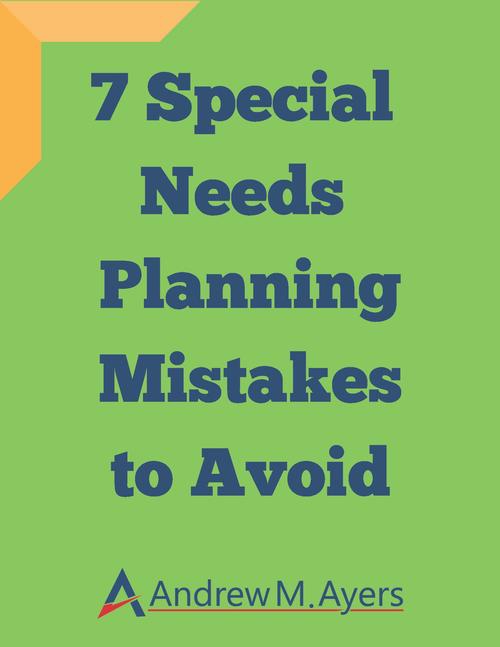 Image via Pexels
Image via Pexels
You’re exhausted. You notice yourself becoming more irritated and impatient. You don’t know how you’re going to keep giving your child with special needs the care and attention they need because you’re at the end of yourself.
If this is your story, you might be dealing with parental burnout. Special needs parents are at a higher risk of suffering from chronic fatigue, which can gradually morph into burnout. Unless you address your needs, it can severely impact your caregiving abilities, relationships, and well-being. Today's guest post has some tips for beating your fatigue to boost your mental health and be the parent your child needs.
Don’t Shy Away from Seeing a Professional
Too many parents neglect professional help because they don’t think they can afford it, don’t think they need it, or are afraid of a stick attached to mental health services. But the truth is, everyone could use a bit of mental health advice, and you might be surprised how affordable services can be, considering insurance and special programs for non-insured individuals.
Research health professionals in your area to find someone with a good reputation. While you’re at it, look into online therapists who could help you navigate challenges.
Your doctor might suggest anti-depression meds for your treatment. You can expect to be evaluated for current symptoms, pre-existing conditions, and additional medications you’re taking. Anti-depressants are not a one-size-fits-all for individuals or mental health issues. Your doctor will need to closely monitor how you respond to the meds so as not to compromise your health or safety.
Identify Your Fatigue Levels
Along with making an appointment with a professional, there are many factors you can watch out for to gauge your fatigue levels. For instance, if you suffer from poor sleep quality, it will naturally leave you tired during the day. But exhaustion itself can also lead to insomnia and disrupted sleep patterns.
Further, assess your child’s sleep quality. If they’re not getting good sleep, you’re not going to either. And their struggles may be linked to your fatigue and stress symptoms throughout the day. Your child will also be more likely to behave erratically and irritably when they’re not getting adequate rest. Look for ways to reduce stress and help your child (and yourself) get the sleep you need.
Pursue Personal Goals
Setting goals for yourself is an excellent way to treat your fatigue. Maybe you’ve wanted to go back to school for a degree; look into online and community colleges to see your options. Or, perhaps it’s time to get that business up and running that you’ve been dreaming about for so long. These days, it’s possible to launch and operate many types of companies from home.
Moreover, think of any fun and relaxing hobbies you can commit to. Maybe you can add hiking, woodworking, crocheting, playing a musical instrument, learning a new language, or cooking new recipes to your weekly routine.
Beware of Negative Outcomes
Lastly, be mindful that there could be negative outcomes as you embrace your self-care treatment plan. Try not to overburden your family members and friends, and avoid undertreating depression or anxiety if you suffer from them. And of course, try to prioritize your marriage and your relationship with your child during this challenging season.
If you’re dealing with chronic fatigue while trying to give your special needs child the best life possible, you’re not alone. The important thing is that you identify your exhaustion and plan to treat it. The advice above can help you start strong, but never stop learning how to foster your health and well-being while raising your child.
If it's time for you to get started on Special Needs Planning or start that business of your dreams, let's set up a Legal Strategy Session to review your situation and brainstorm some next steps for you and your family.

